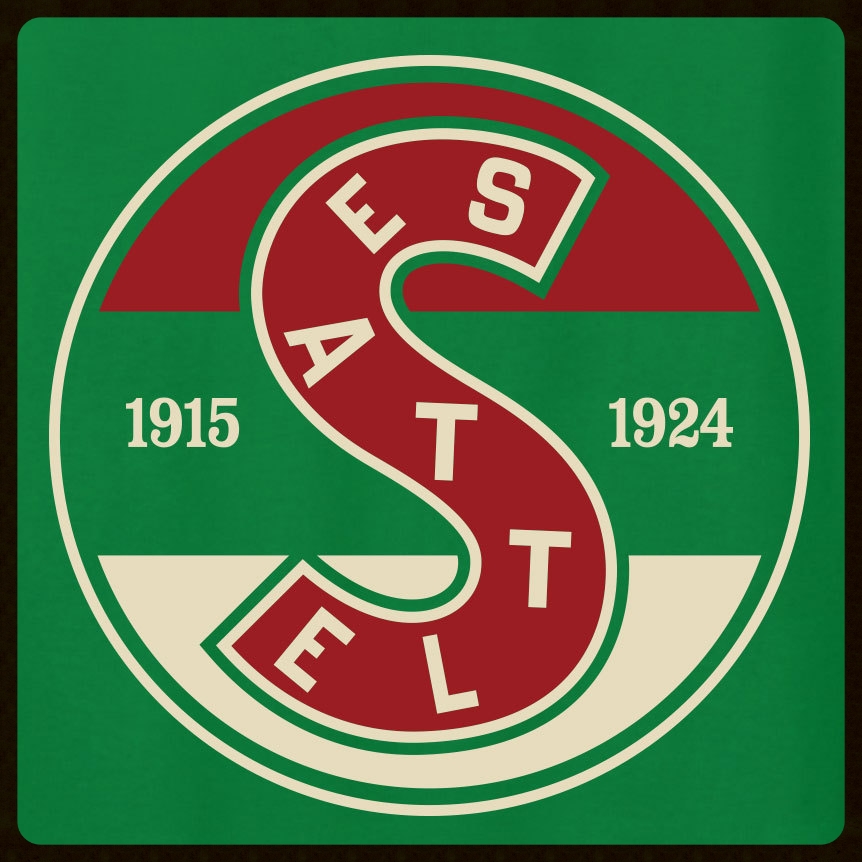As you navigate your career in or out of sports, you’ll be presented with new and exciting opportunities both in and out of the industry. At times you’ll have to balance major factors such as Salary vs. Title vs. Job Function. The right answer for one person could be the wrong for another. There are many factors that go into making job decisions. It’s hard for me to comment when it comes to salary based decisions. Everyone wants to make more money. The question becomes more complex as you add more variables into the mix – do you have a family to support, etc. Here are a few things to consider asking yourself:
When it comes to salary
Do you need more money, or do you want more money? Everyone wants more money. Are you in a situation however in which you need more money? Perhaps you have a family you need to provide for. Perhaps you’re later in your career and need to start focusing on retirement funding. Typically when you’re younger I’ve found that you’re generally more able to sacrifice salary for opportunity. It may make sense to take a job that gives you a great skillset or experience and exposure over a better paying job. Depending on where you are in your career or in life, you may have flexibility here.
When it comes to title
Does a title give you more responsibility or translate into future opportunity? Title and Salary typically go hand-in-hand to a certain degree, but not always. Does a title come with more responsibility? If it does, is that responsibility something that will help you grow personally or professionally? If it doesn’t, are you still able to grow personally or professionally in other ways? Title bumps are great – they generally show promotion and increased responsibility. Make sure you’re avoid putting yourself into a position where you’re no longer growing and developing.
When it comes to job function
You’re not always going to have your dream job – it just doesn’t work that way. But that doesn’t mean you have to hate what you do. Certainly there are jobs out there you would love to have. There are also certainly jobs out there that you would hate to have. Shoot for ones you would love to have and avoid the ones that you would hate. If you don’t get your dream job to start, hopefully you land somewhere that is somewhere in the middle that you don’t hate that develops you personally and professionally. I cannot believe the number of individuals I come across who are in jobs they hate, and knew from the start they were probably going to hate them, just to get their foot in the door, or because it was going to pay them more money, or the job title sounded better. Why would anyone do this to themselves if they could help it!?
When you consider all of the variables in play, it can be a hard task to sort through and figure out. There are exceptions to the rule and circumstances in life that may negate the advice I lay out above. Having a good salary, with a good title, with a job function you enjoy to boot is a slam dunk. However, the trick is balancing between short-term and long-term goals, either of which can carry different weights depending on your circumstances. By no means do I proclaim myself to be an expert on correctly navigating and sorting through every possible variable, but typically I’ve found success in taking a step back and trying to methodically consider the trade offs and their impact on short and long-term goals. Hopefully you’ll find success too.
-Alex









